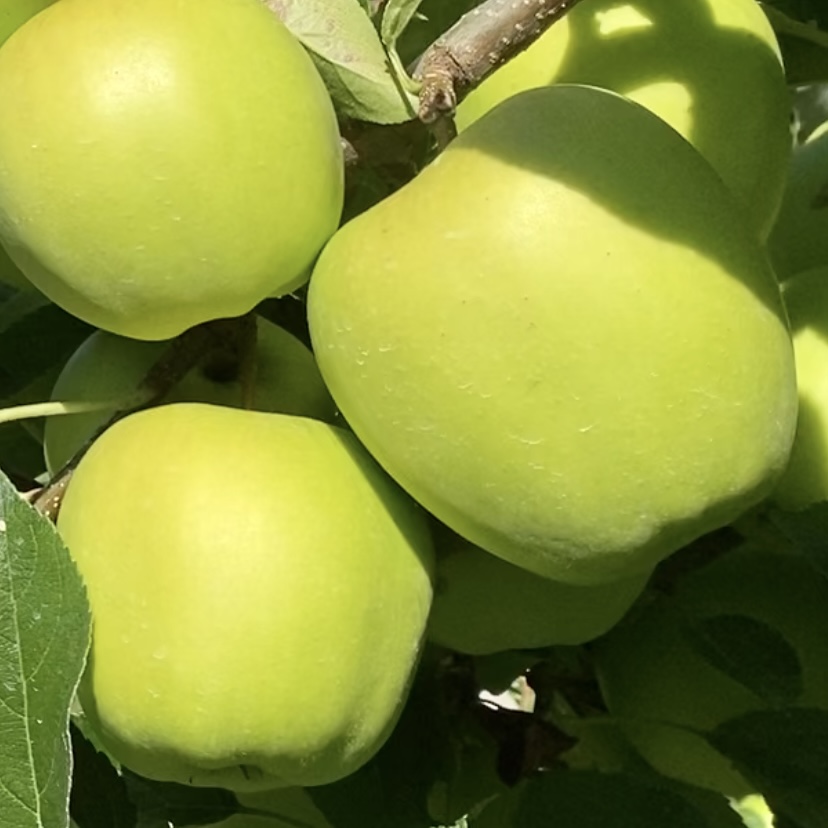
Healthy and certified trees
Looking for Golden delicious Reinders® fruit trees grown in the Netherlands? Then you have found the right tree grower.
Malus domestica Golden delicious Reinders®Golden delicious Reinders®
The Golden delicious Reinders® has been the most well-known and planted Golden mutant worldwide for many years. The Golden Reinders® was discovered in 1962 by M.H. Reinders in Helden-Panningen, the Netherlands. The Reinders® is a good eating apple and has a higher percentage of smooth fruits in terms of packout than the standard Golden delicious.
The Golden delicious Reinders® is also widely used as a pollinator. This can be done by means of block pollination, row pollination or in row between its main variety.
Mutant of | The Golden Reinders® is a mutant of the Golden delicious. |
Origin | M.H. Reinders, Helden-Panningen, Netherlands, 1962. |
Growth | The Golden delicious Reinders® is an medium to strong grower. Can be managed well with the right measures. |
Flowering | The Golden Reinders® blooms mid to late and has a high quality pollen. The Golden delicious Reinders® is somewhat self-tolerant, but pollination is desirable. A variety to consider is the Granny Smith or malus pollinators. |
Production | The production of the Golden delicious Reinders® is regular and very good. Fruit thinning is desirable for the right size apples. |
Harvest time | The Golden Reinders® picking time is approximately from the end of September to the end of October. |
Appearance | The Golden Reinders® produces medium-sized fruits with a slightly elongated shape. The color is first green-yellow, later yellow. The fruit is less sensitive to coarsening than Golden delicious Clone B or the standard Golden delicious. |
Quality | The Golden delicious Reinders® apples are firm and slightly sour in taste. When the apple is properly ripe, it has a sweet taste. |
Storage | In ULO conditions, the Golden Reinders® can be stored until the end of July, in combination with good shelf life. |
Remarks | The Reinders® is a good productive variety and less sensitive to coarsening. |
